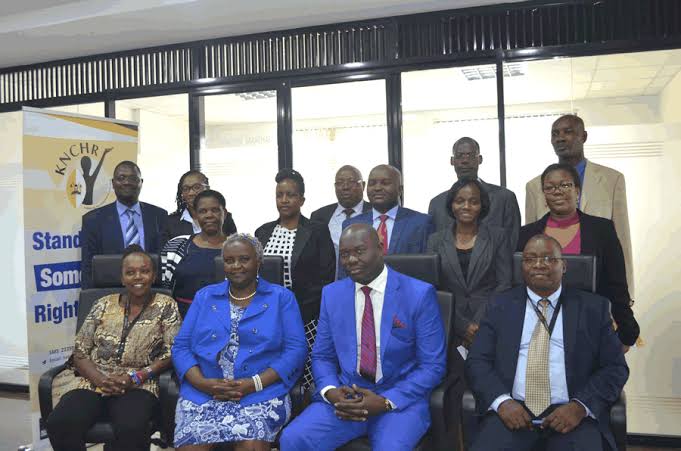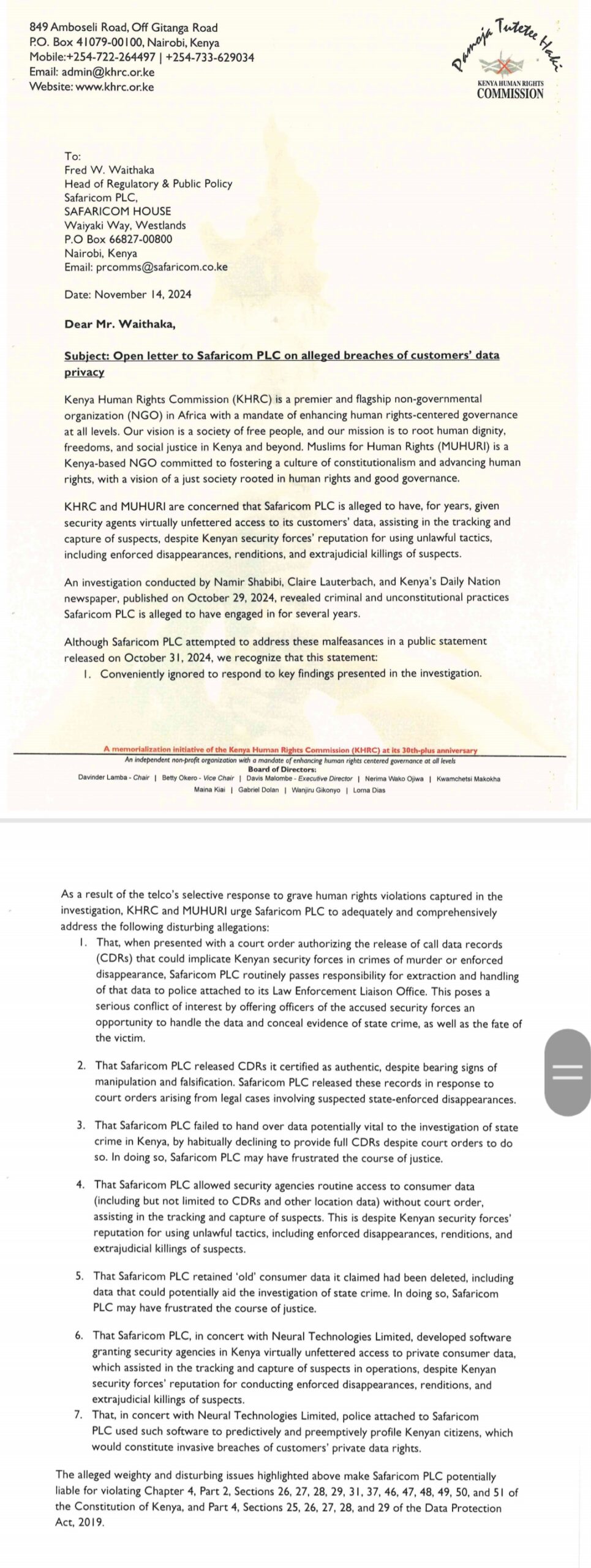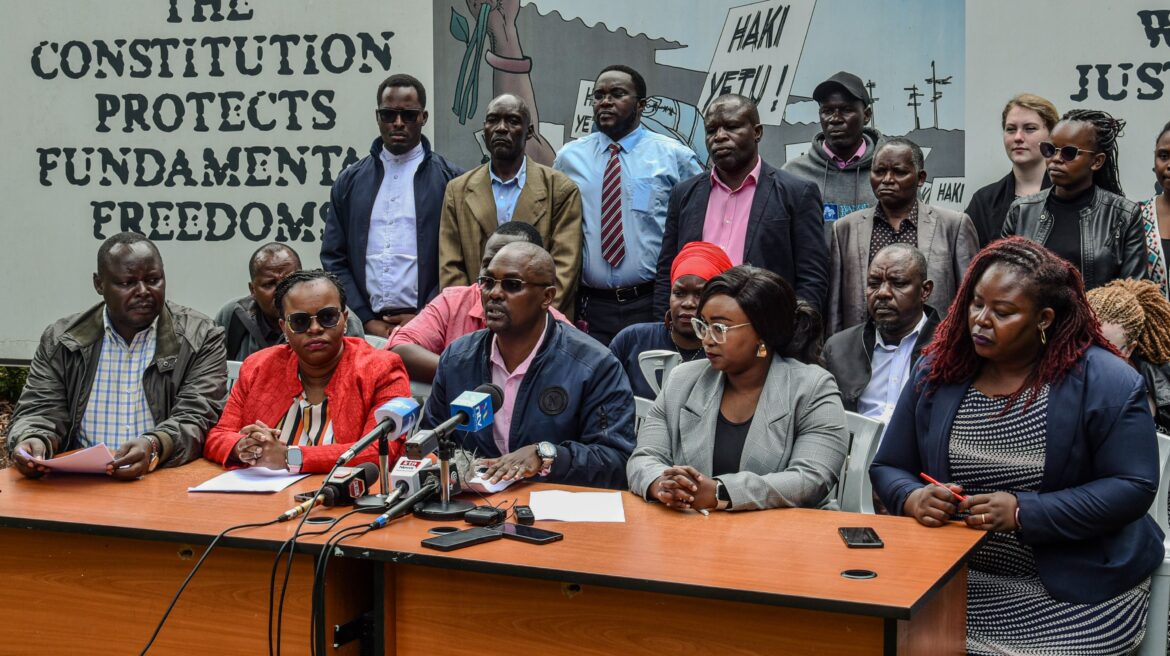Leading human rights organizations, the Kenya Human Rights Commission (KHRC) and Muslims for Human Rights (MUHURI), have accused telecommunications giant Safaricom PLC of gross violations of customers’ data privacy and complicity in human rights abuses.
In an open letter dated November 14, 2024, the groups alleged that Safaricom had been providing security agencies with unrestricted access to customer data, aiding in illegal detentions, enforced disappearances, and extrajudicial killings.
These allegations stem from an investigative report by Daily Nation and journalists Namir Shabibi and Claire Lauterbach, which exposed practices described as unconstitutional and criminal.

The letter accuses Safaricom of sharing Call Data Records (CDRs) without court orders, potentially facilitating the unlawful surveillance of citizens.
Furthermore, the company is alleged to have collaborated with Neural Technologies Limited to develop software granting security agencies unvetted access to private data.
Human rights activists argue that such actions enabled state agencies to bypass legal processes, jeopardizing citizens’ safety and privacy.
Other claims include the manipulation of CDRs and the retention of outdated customer data purportedly deleted, which could obstruct justice in ongoing investigations. KHRC and MUHURI assert that Safaricom’s actions not only breach the Kenyan Constitution but also violate the Data Protection Act, 2019.

Oplus_0
“Safaricom’s failure to adequately address these grave concerns highlights a disturbing disregard for justice and privacy,” the letter stated, urging the company to adopt transparent policies and cease practices that compromise human rights.
Safaricom, in its October 31 public statement, denied wrongdoing but has yet to address the core allegations comprehensively.
The pressure now mounts on the telecom giant as calls for accountability grow louder from both human rights groups and the public.
The revelations have sparked nationwide debate about the balance between national security and citizens’ constitutional rights.



